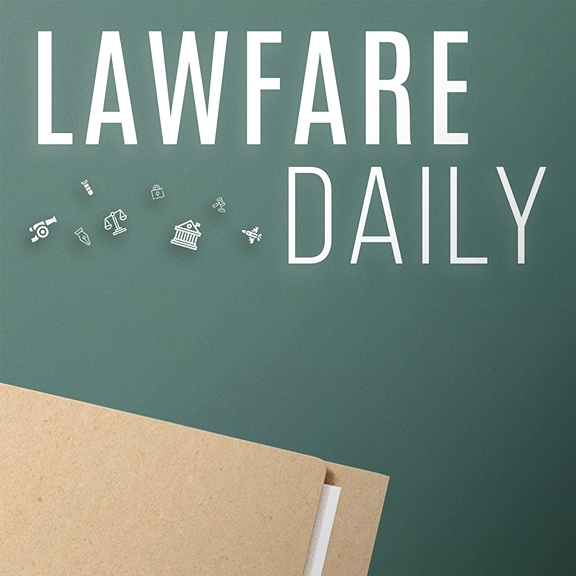
Wilkinson v. Garland (Immigration)
Wilkinson v. Garland
Congress gives immigration judges discretionary power to cancel the removal of a noncitizen and instead permit the noncitizen to remain in the country lawfully. 8 U. S. C. §§1229b(a)–(b). An IJ faced with an application for cancellation of removal proceeds in two steps: The IJ must decide first whether the noncitizen is eligible for cancellation of removal under the statutory criteria. If the IJ finds the noncitizen statutorily eligible, the IJ must then decide whether to exercise discretion and grant relief. For determining eligibility, Congress has enumerated four statutory criteria, one of which requires the noncitizen to “establis[h] that removal would result in exceptional and extremely unusual hardship to [the noncitizen’s] spouse, parent, or child,” who is a U. S. citizen or lawful permanent resident. §1229b(b)(1)(D). Petitioner Situ Kamu Wilkinson was arrested and detained by Immigration and Customs Enforcement for remaining in the United States beyond the expiration of his tourist visa. Wilkinson applied for cancellation of removal based in part on hardship to his 7-year-old, U. S.-born son, M., who suffers from a serious medical condition and relies on Wilkinson for emotional and financial support. To meet the hardship standard, Wilkinson had to show that M. “would suffer hardship that is substantially different from or beyond that which would ordinarily be expected to result from [his] removal.” In re MonrealAguinaga, 23 I. & N. Dec. 56, 62. Considering all of the hardship factors presented by Wilkinson in the aggregate, the IJ held that M.’s situation did not meet the statutory standard for “exceptional and extremely unusual” hardship and denied Wilkinson’s application. The Board of Immigration Appeals affirmed. The Third Circuit held that it lacked the jurisdiction necessary to review the IJ’s discretionary hardship determination. This Court granted certiorari to determine whether the IJ’s “exceptional and extremely unusual” hardship determination is a mixed question of law and fact reviewable under §1252(a)(2)(D) or whether that determination is discretionary and therefore unreviewable under §1252(a)(2)(B)(i). Held: The Third Circuit erred in holding that it lacked jurisdiction to review the IJ’s determination in this case. Pp. 7–16.
Read by Jake Leahy.




















